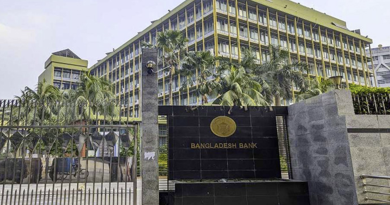Dhaka, July 14 — A persistent server malfunction at the National Board of Revenue (NBR) has thrown Bangladesh’s customs operations into disarray, severely disrupting import-export processing at major ports and inland container depots (ICDs), including Chattogram.
The ASYCUDA World system—an automated platform introduced in 2013 to streamline customs data—has been operating at a fraction of its capacity, reportedly functioning for only 10 to 15 minutes every two hours. This has led to mounting cargo backlogs, long truck queues at ICDs, and delayed vessel departures.
Despite a directive to keep customs houses open over the July 11–12 weekend, clearance activities stalled due to the system’s limited uptime. Banks and shipping agents remained closed, compounding the disruption.
As of yesterday, Chattogram port yards were holding 44,246 TEUs—83% of their capacity—while export containers at ICDs surged to 14,512 TEUs, nearly double the usual volume. Vessels like Maersk Jakarta and Maersk Nusantara were forced to leave behind or delay container pickups due to the congestion.
Customs agents report that routine tasks such as generating a bill of export—normally a 10-minute job—have become multi-day ordeals. One agent described futile attempts to process documents across multiple offices, culminating in a personal visit to Custom House, Chattogram, with no resolution.
In response, the Chattogram Customs House submitted urgent proposals to NBR, recommending:
- Archiving data older than five years
- Expanding server capacity based on user load
- Seeking technical support from ASYCUDA’s UNCTAD team
NBR officials acknowledged the issue and are exploring solutions, including a dedicated server for Chattogram, which accounts for 80% of ASYCUDA users.
With customs handling 3,500–4,000 bills of entry daily, traders warn that continued delays could trigger widespread supply chain disruptions. Stakeholders are calling for immediate technical intervention to restore operational normalcy.






